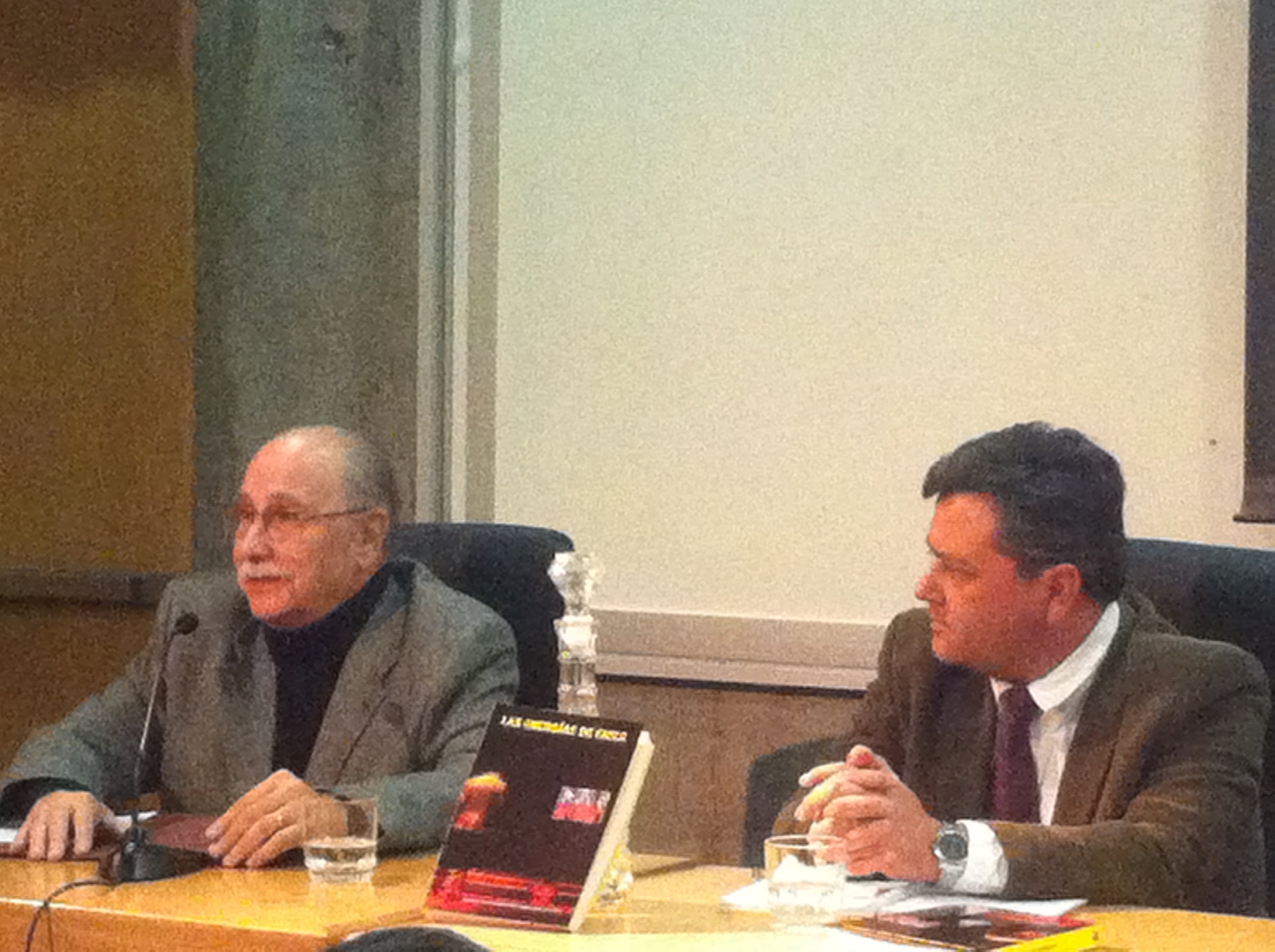
The release of “Las Energías de Chile” issue took place during the seminar “The public challenge of environmental transformations in Chile,” an activity held at the university’s sustainability week, which is a new edition of Annals magazine. The book was presented by former president Ricardo Lagos and the event had an outstanding discussion panel, where Rodrigo Palma, director from SERC Chile, participated.
In May 28, the Price Waterhouse hall of the Faculty of Economics and Business of Universidad de Chile opened its doors to the public to begin the launching event of Annals magazine “Las Energías de Chile,” a new issue of this outstanding scientific publication founded in 1844, the oldest one in Latin America.
The activity gathered students, teachers and scientists, and the highest university authority, Dean Víctor Pérez Vera.
The book’s presentation was in charge of former president Ricardo Lagos, committee member of Annals magazine, who highlighted the relevance of this publication considering the moment the country is undergoing. Afterwards, there was a discussion about the magazine’s new edition by a panel formed by Pedro Maldonado, deputy director of the Energy Research and Study Program; Eduardo Esperguel, electrical engineer of the same university; and Rodrigo Palma, director from SERC Chile.
“It would be impossible not to make a reference to the country’s situation and the situation that has been revealed by the energy agenda. It is a development challenge for everyone involved in the government and, after reading the Annals, it is possible to realize that some of the answers for some of the topics in the agenda are given there,” Lagos commented.
The former President made reference to the structure of this issue which is divided into 4 parts, where the first 3 are the most important ones.
“These Annals start with a political review, then they present what the sciences have to say about this topic and afterwards they present what the citizenry wants and its empowerment. These three parts are the ones that give the best contribution due to their characteristics, clarity and relevance,” told the committee member to the magazine.
The relevance of the publication of this issue was highlighted in the discussion that took place after Ricardo Lagos’s presentation by the panel of experts, especially taking into account the 7 axes presented by the government on this topic.
In the discussion moderated by Patricio López, Universidad de Chile’s radio journalist, Rodrigo Palma said that, even though the government’s energy agenda is valuable in content, it lacks long-term goals and views.
When asked about the energy agenda, and whether or not the efforts are aimed at giving more room for renewable energies, Palma said:
“It would not be right to say that there have not been developments in this area. The change in legislation is proof of that. The agenda given by Minister Pacheco is a starting point, but it lacks “lunar landing ambition:” to dream that Chile, in 20 years from now, will be able to connect its energy grid with geothermal and solar energy contribution, among others, or maybe even able to export energy to the region.
Palma highlighted the contribution that universities can make in order to raise awareness of these issues and develop them.
“If a development path is found and verified, someone is going to have to take the lead. The components have to be raised and the universities have to work on that,” he commented.




